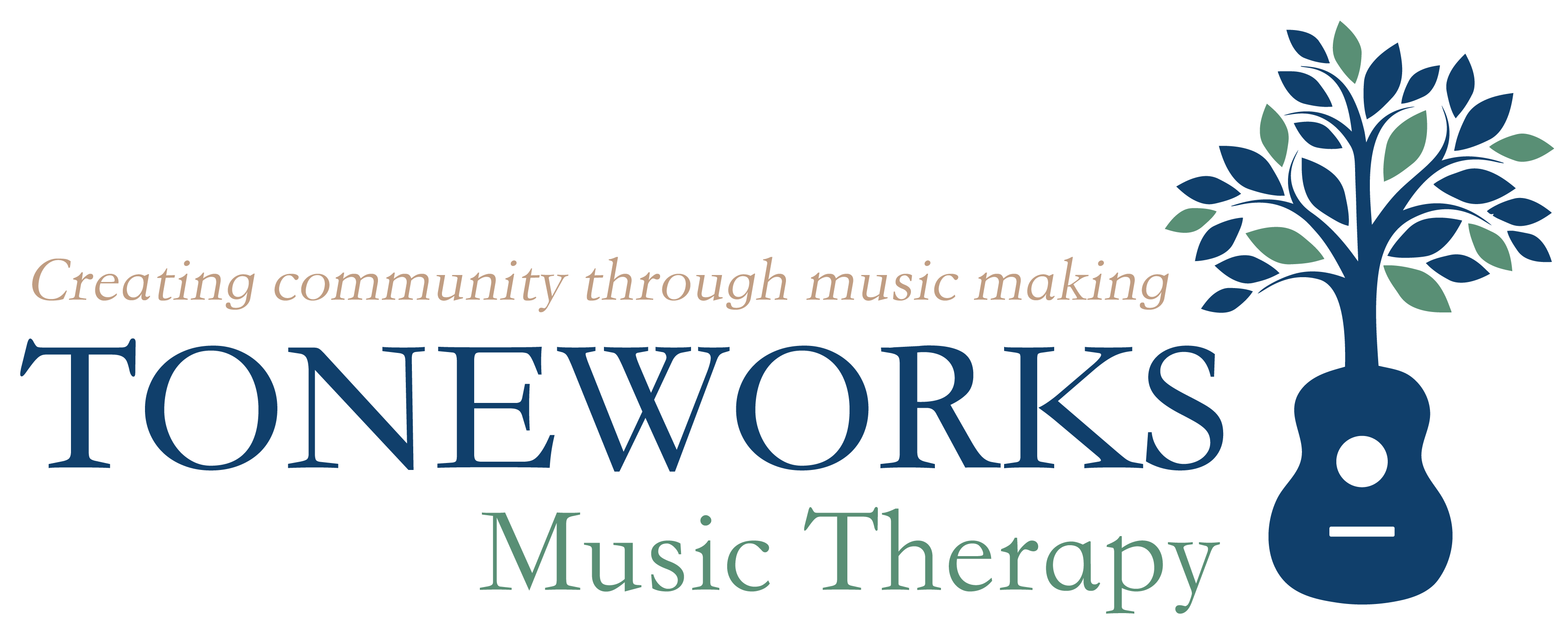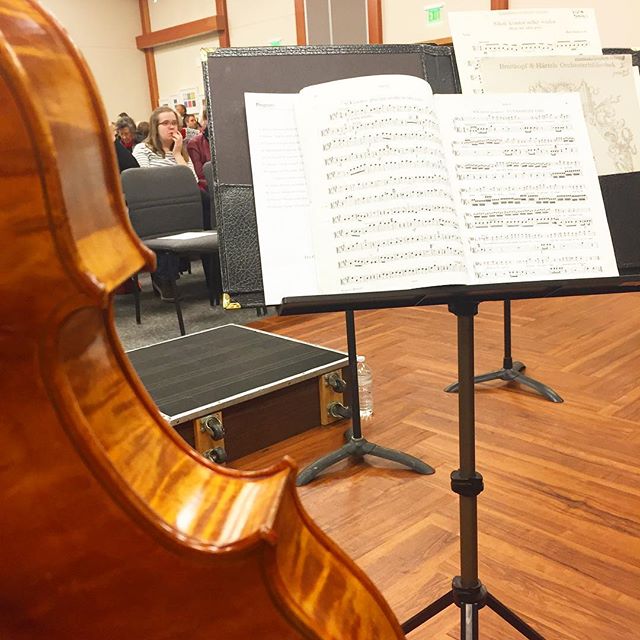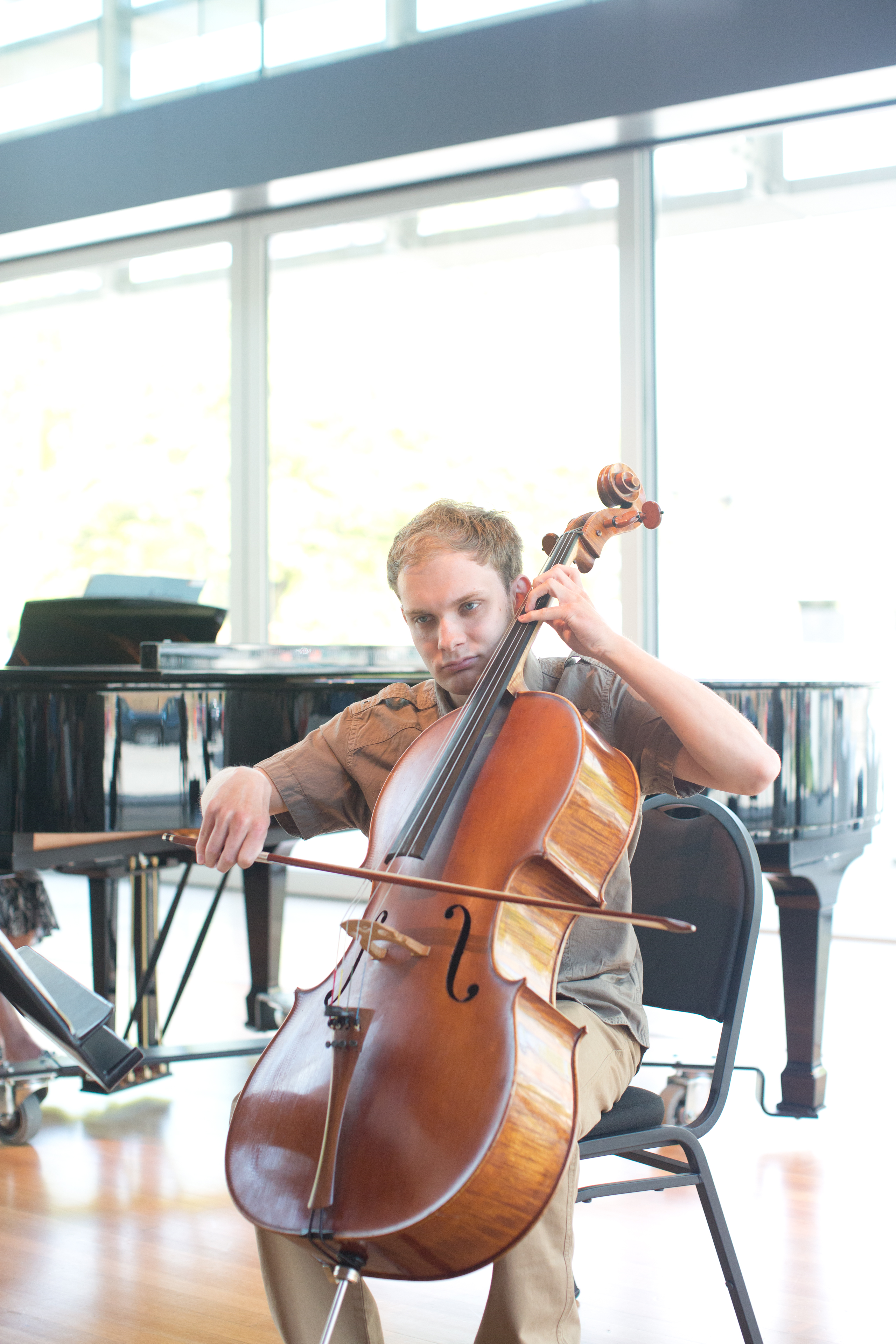Adaptive Lessons
Adaptive lessons, taught by a board-certified music therapist, provide instrumental instruction for individuals who may have a difficult time learning in a “traditional” setting. These lessons are uniquely customized to capitalize on the individual student’s strengths and learning style and ensure a safe and successful music-learning experience. Our music therapists are trained to utilize tools like color-coding systems, differently-sized or adapted instruments, and alternative musical notations to support clients in learning how to play a new instrument.
Toneworks offers adaptive lessons in:
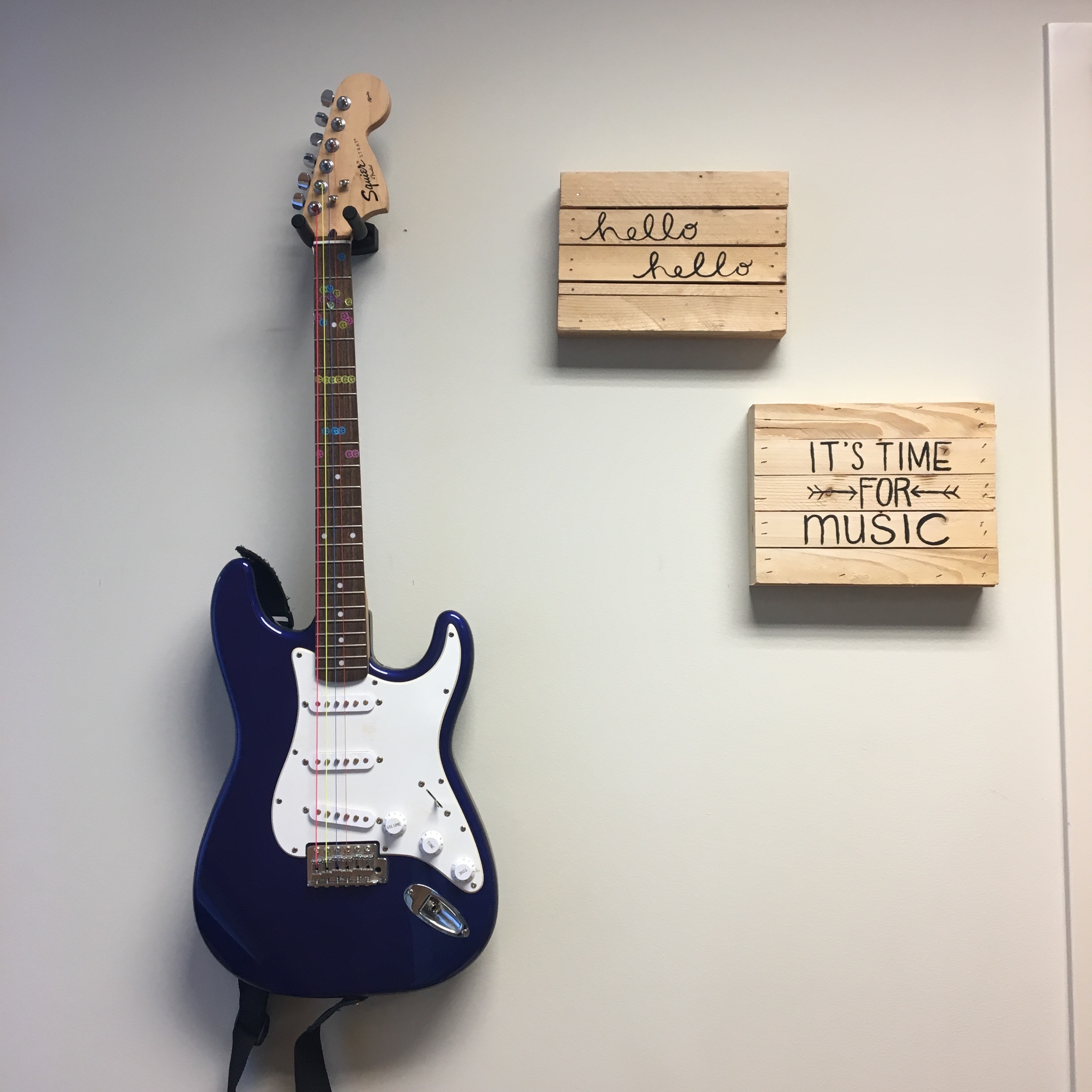
Guitar: Electric or Acoustic
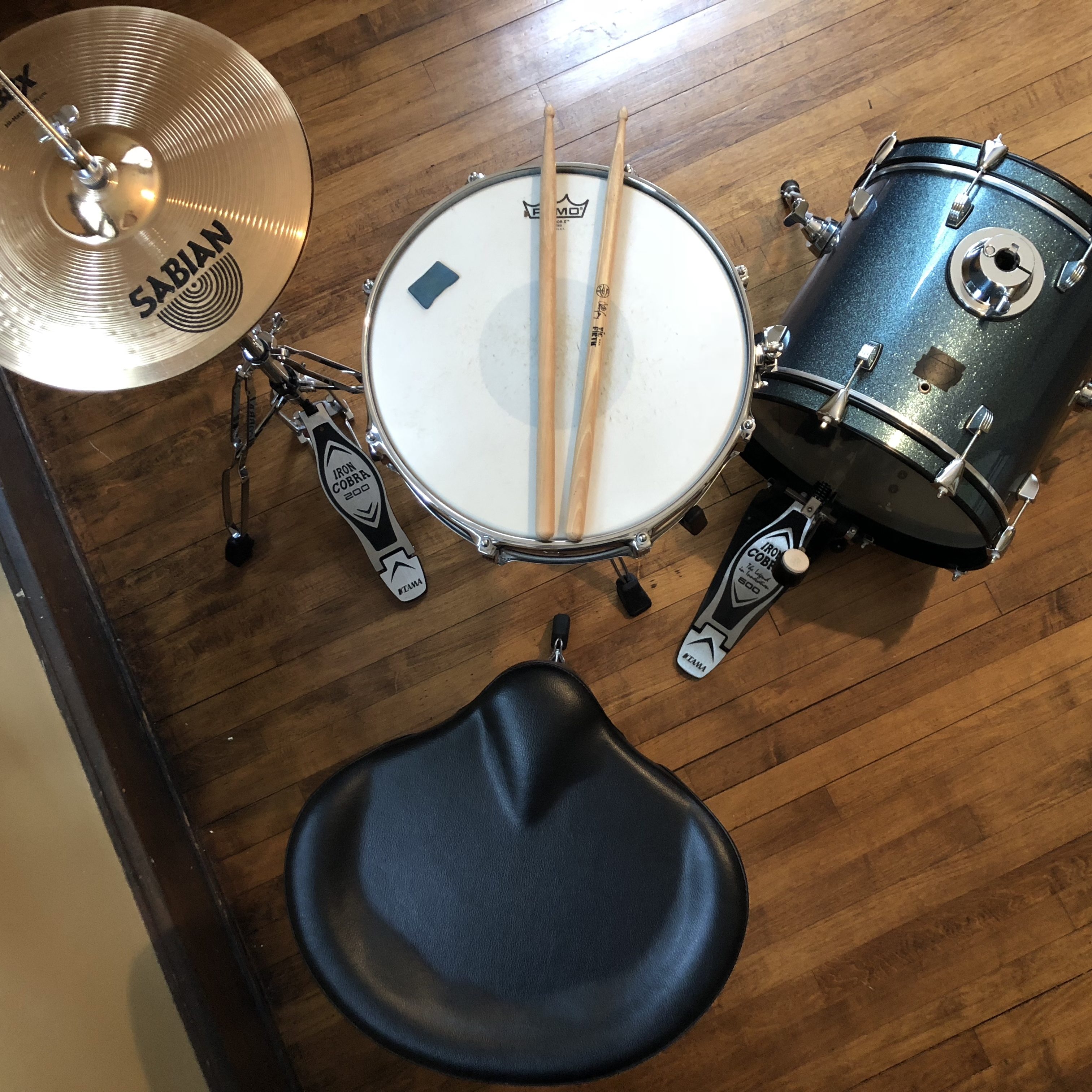
Drums: Drum-Set/Percussion
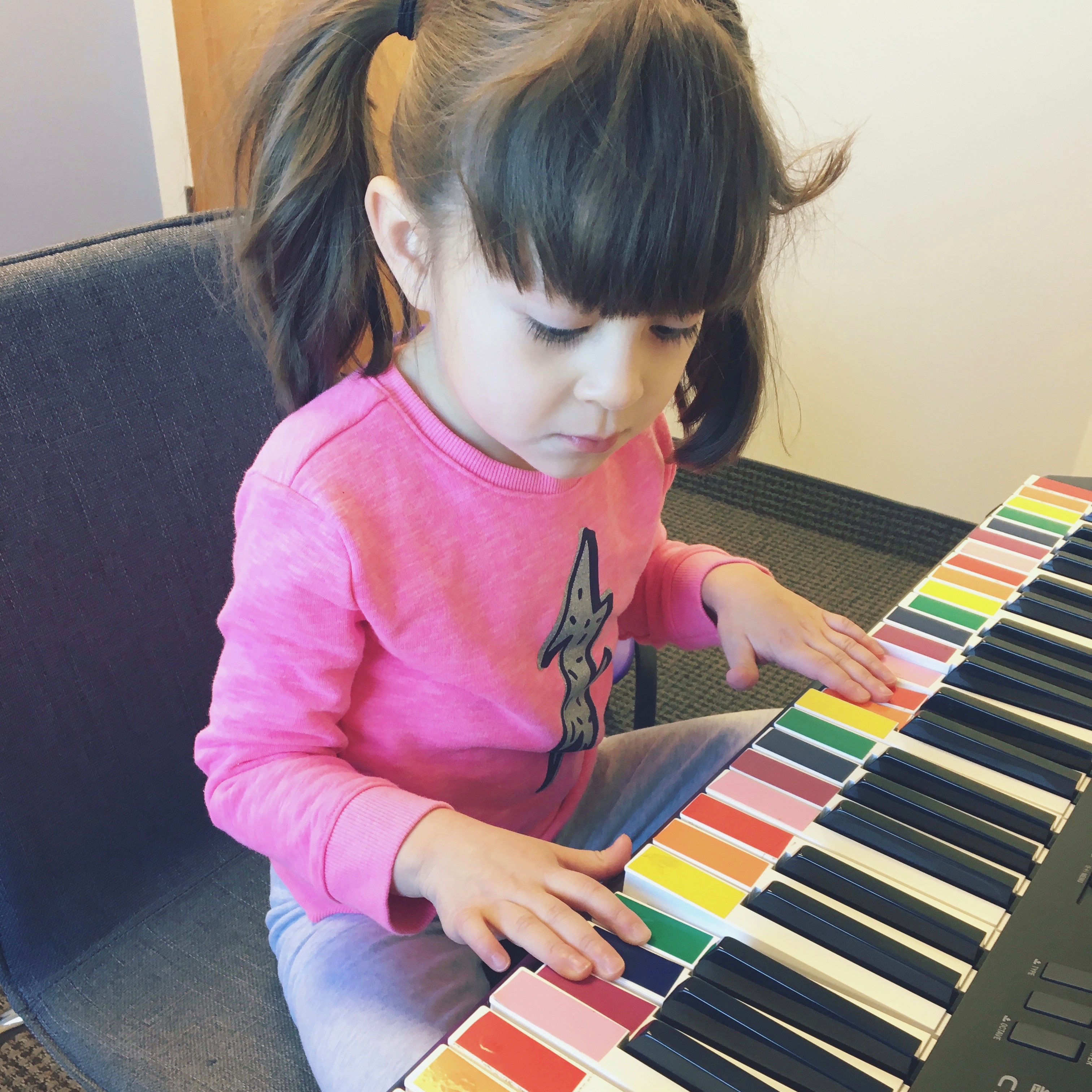
Piano & Keyboard Instruments
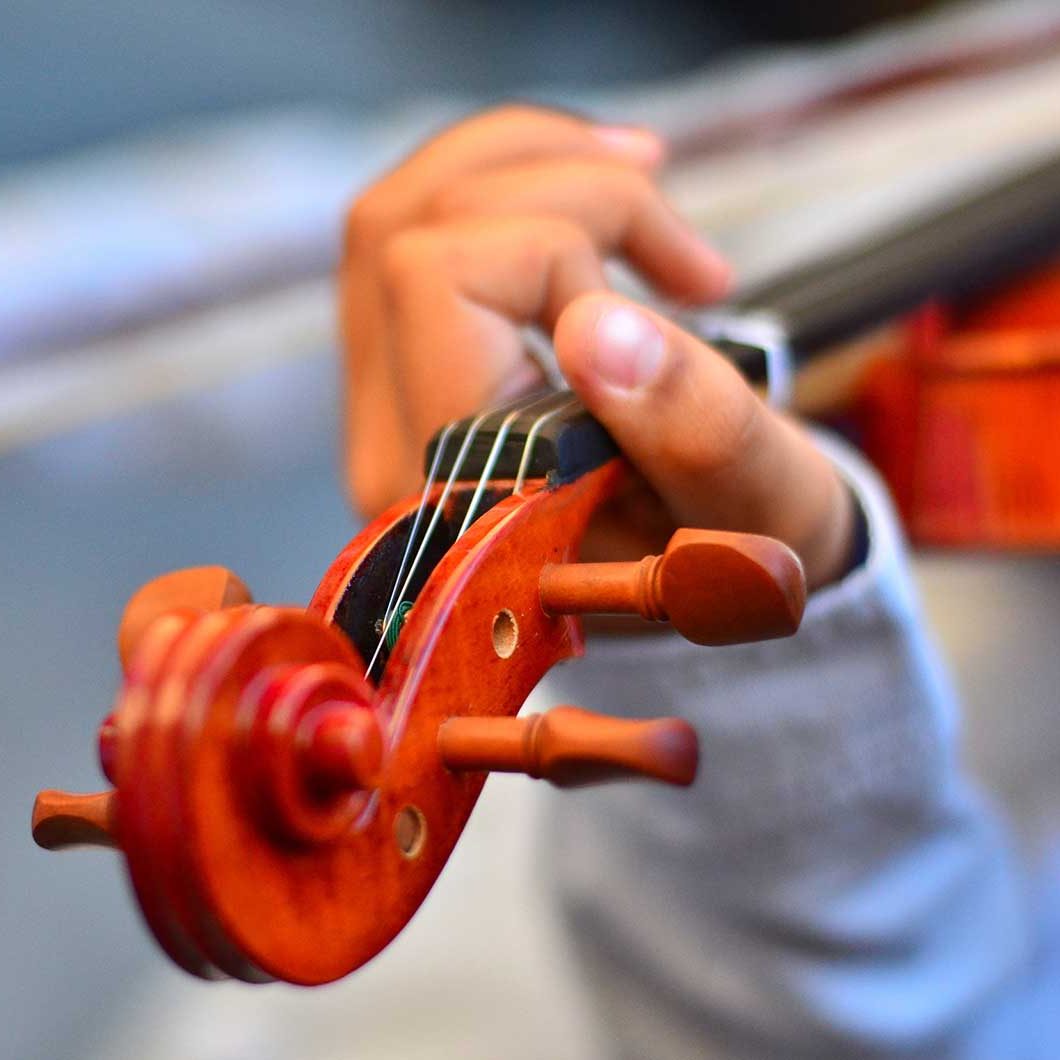
Violin & Viola
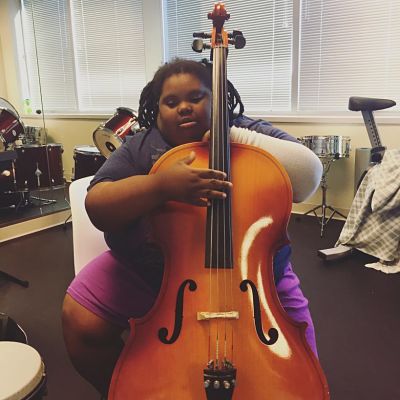
Cello
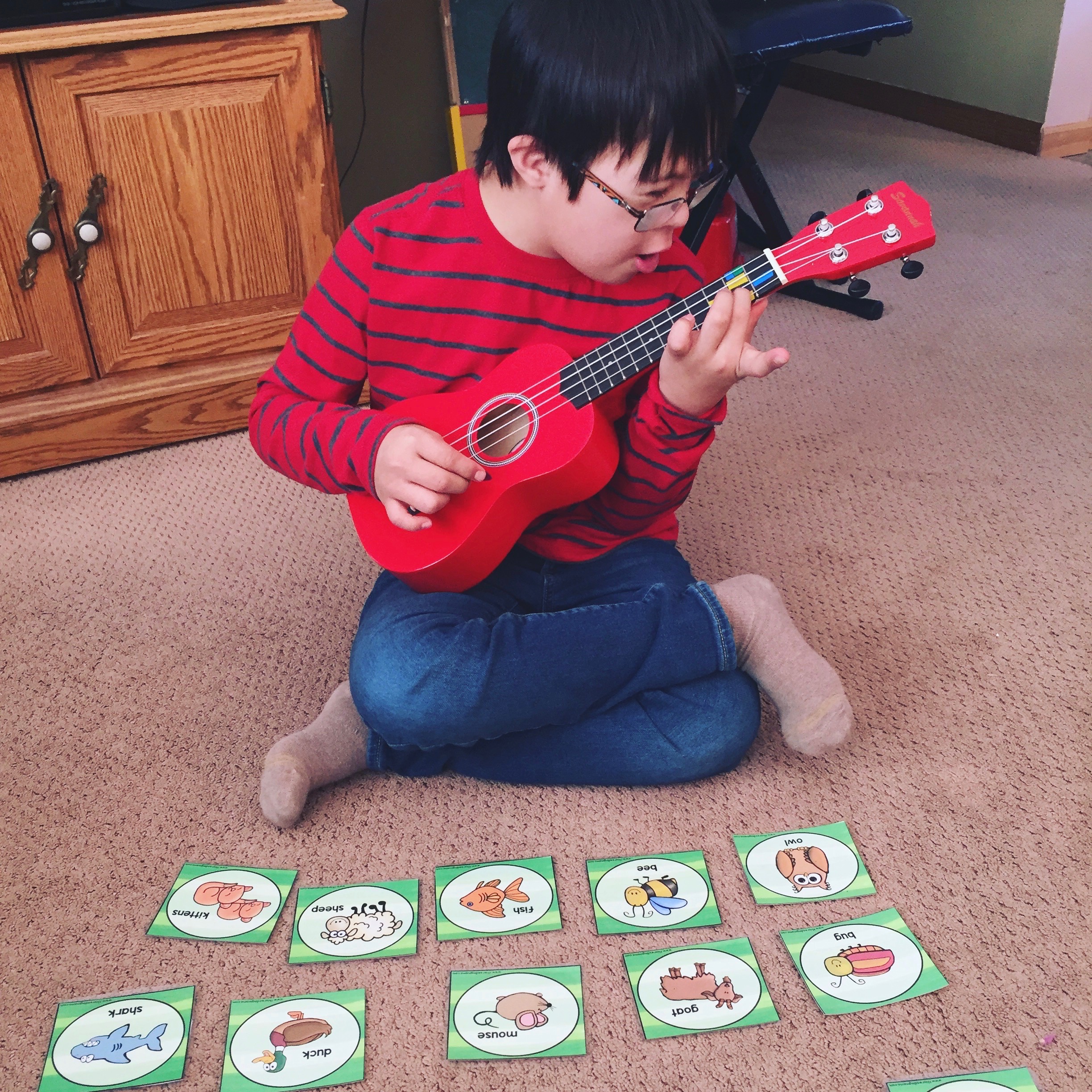
Ukulele
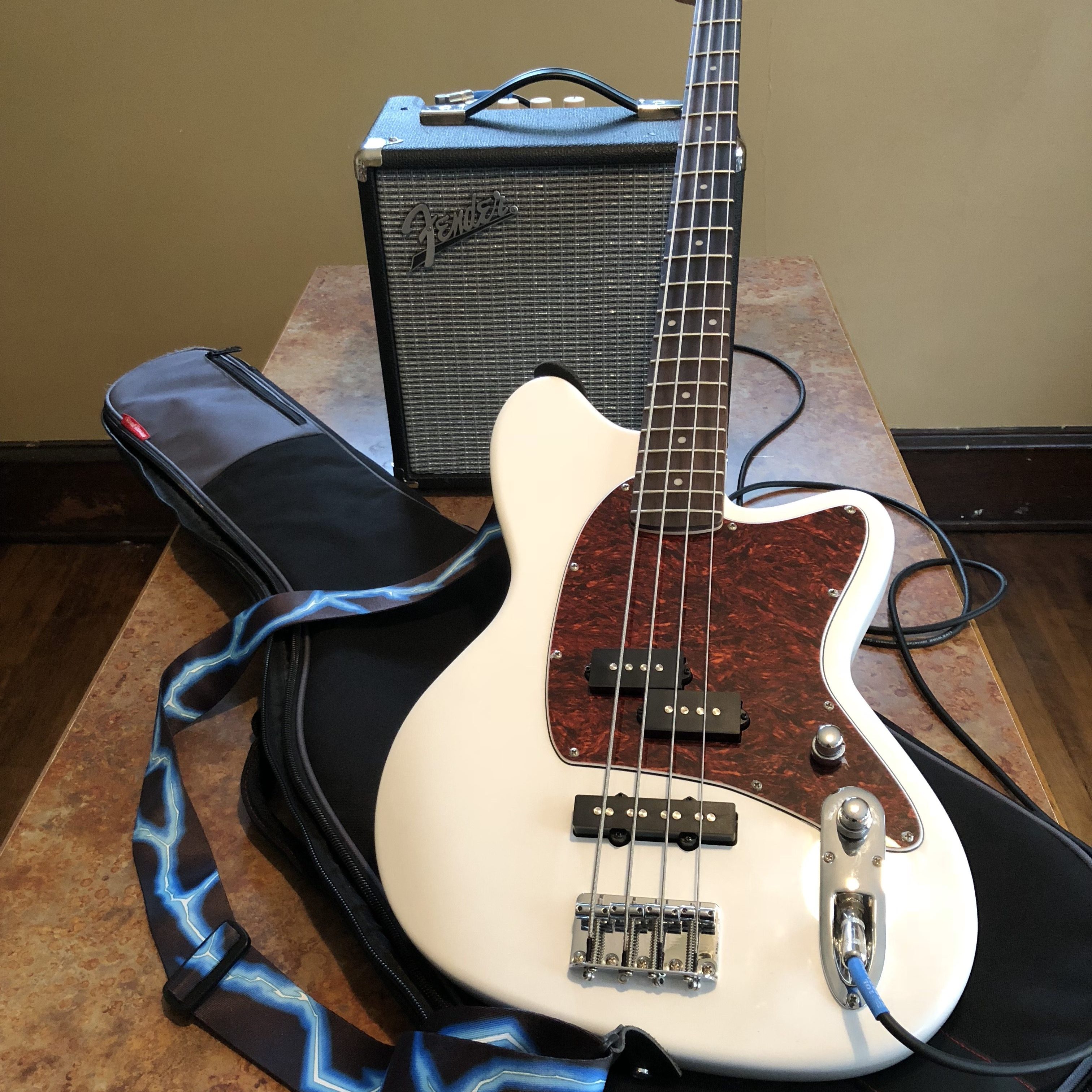
Bass Guitar
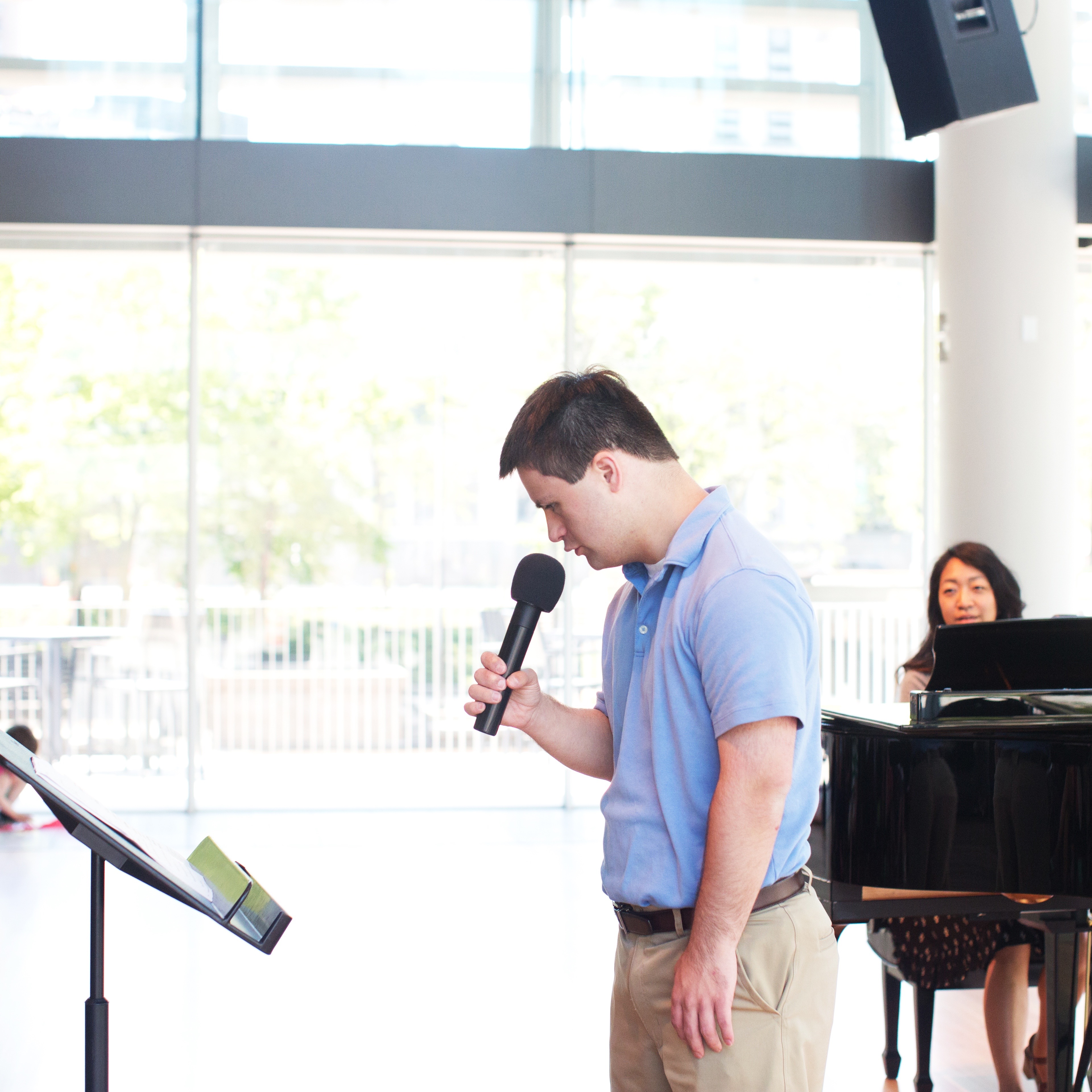
Vocal Lessons
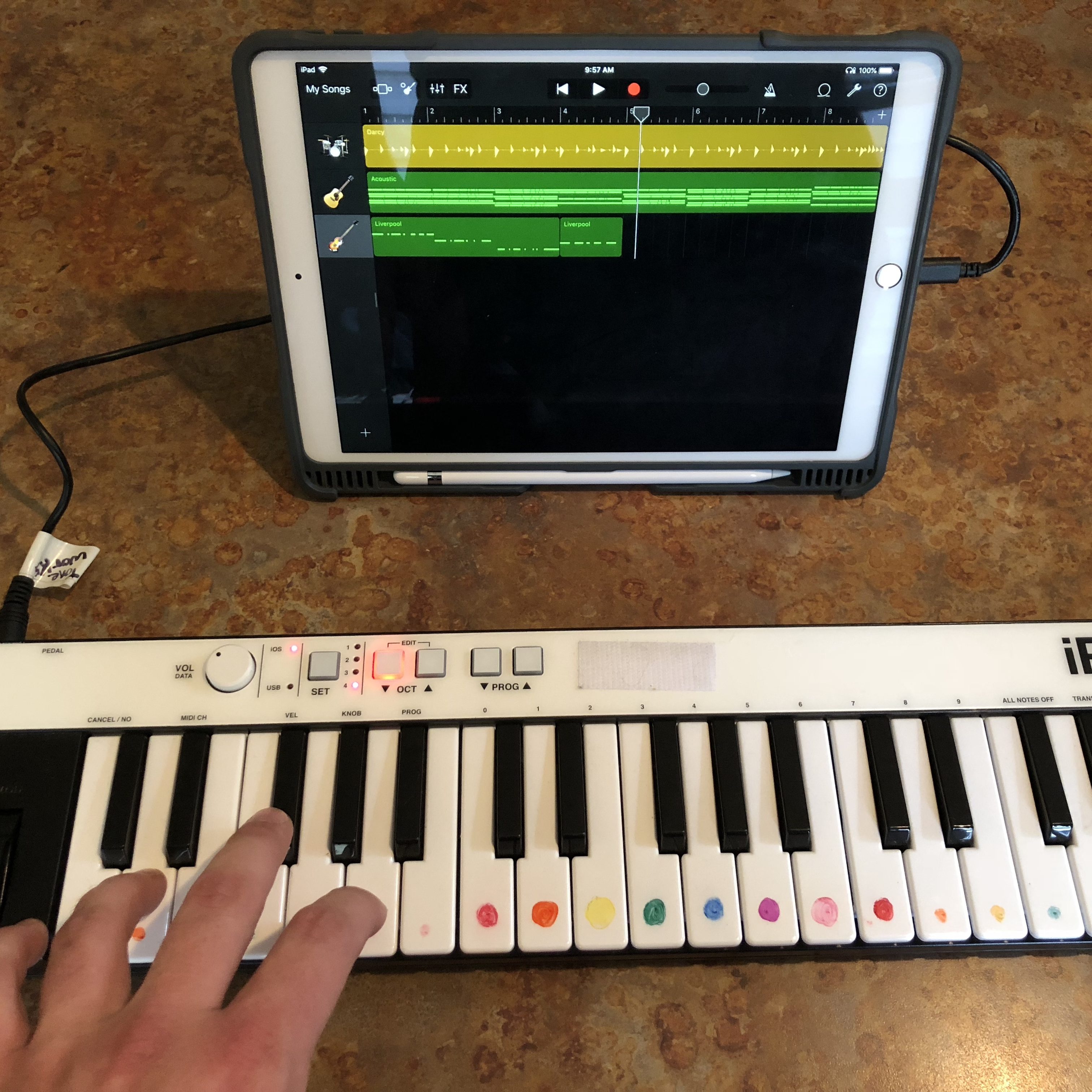
Composition/GarageBand
Adaptive Lessons
Adaptive lessons, taught by a board-certified music therapist, provide instrumental instruction for individuals who may have a difficult time learning in a “traditional” setting. These lessons are uniquely customized to capitalize on the individual student’s strengths and learning style and ensure a safe and successful music-learning experience. Our music therapists are trained to utilize tools like color-coding systems, differently-sized or adapted instruments, and alternative musical notations to support clients in learning how to play a new instrument.
Toneworks offers adaptive lessons in:

Guitar: Electric or Acoustic

Drums: Drum-Set/Percussion

Piano & Keyboard Instruments

Violin & Viola

Cello

Ukulele

Bass Guitar

Vocal Lessons

Composition/GarageBand
Goal areas may include:
- Musical knowledge skills - improving instrument playing, sound identification/localization, musicianship skills.
- Cognitive skills - identifying colors, letters, and improving literacy skills.
- Gross/Fine Motor skills - range of motion, palmar and pincer grasp, crossing midline, bilateral motion, and muscle relaxation.
- Confidence building - improving the ability to perform and increasing self-expression in a non-threatening environment.
- Leisure Skills - provides individual with newly learned skill that they can use during free time.
- Attention Span - increasing the amount of time client can focus on task.
- Emotional Regulation - improvisation allows the client to express emotion, instrument playing can also be included into their daily schedule for long term emotional regulation.
Therapeutic music interventions may include:
- Improvisation: free exploration of instrument, may utilize adapted instrument or scale with color notation. Improv provides the client the opportunity for emotional expression.
- Call & Response: music therapist will lead the client in a turn-taking activity, the client will mirror the actions of the music therapist working on communication skills, and awareness of others.
- Composition: comes in a variety of activities depending on the client and their goals. Fill in the blank, Lyric Replacement, and Song-Writing. Composition Lessons have a primary focus on songwriting in GarageBand.
- Sensory exploration: Using a variety of instruments and tools that improve self-regulation and motor skills.
- Functional instrument play: Independently playing an instrument to improve motor, musical knowledge, cognitive, and confidence building skills.
- Singing: Using call-and-response, performing, and singing to improve cognitive, motor, musical knowledge and confidence building skills.
